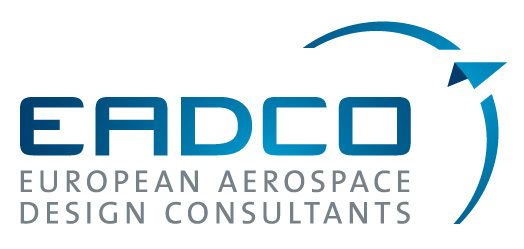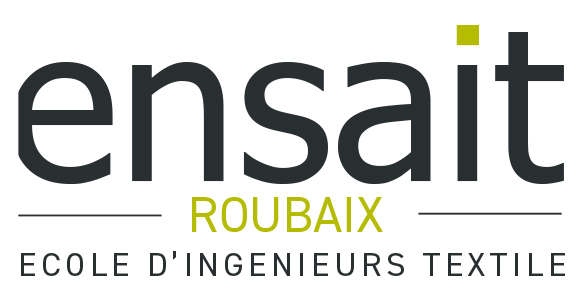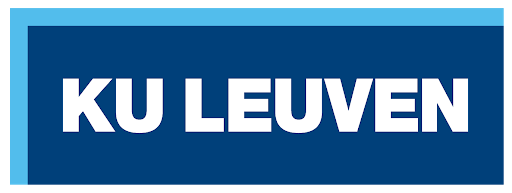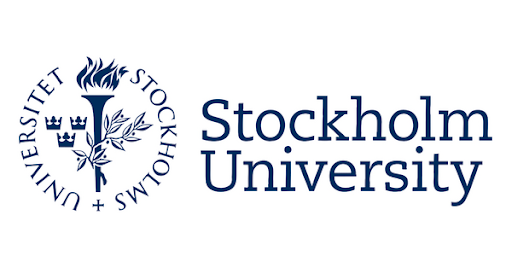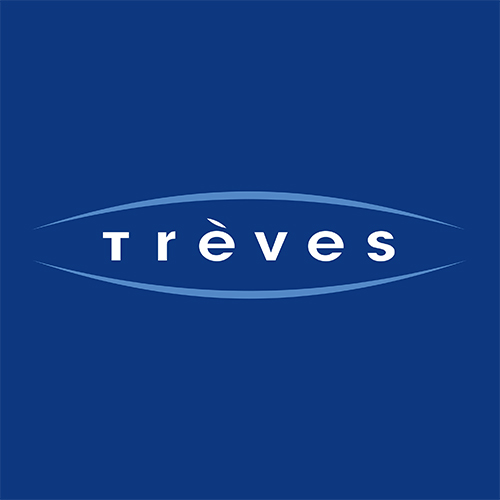
Université de Franche-Comté – UFC (Coordinator)
University • France
Main role in the project:
Université de Franche-Comté (UFC) and its entity FEMTO-ST is the project coordinator. Different teams from both UFC and FETMO-ST contribute to all the Workpackages, with a main focus on mechanical characterization and modelling of biopolymers, plant fibres and plant fibre composites. They are also involved in strategies related to behavior control of composites in terms of both structural dynamics and vibroacoustic, thus in close collaboration with Université de Bourgogne.
Centre National de la Recherche Scientifique - CNRS
National Center for Scientific Research • France
Main role in the project:
CNRS and its Research Institute of Chimie Paris (IRCP) leads WP3 and the development of bio-based thermoplastic approach which encompasses organic, organometallic and polymer chemistry as well as homogeneous catalysis. Their work will be developed in strong collaboration with the group of Green Chemistry and Sustainable Polymers (GGCSP) of Université de Bourgogne.
EADCO GmbH
SME • Germany
Main role in the project:
EADCO will define and realise possible applications of environmentally friendly in aircraft interiors (mostly sandwich panel structure) based on natural fibres and alternative matrices. EADCO will also contribute to cross-industry recommendations for the adoption of bio-based materials given the strict certification requirements, mainly related to fire performance, weight, and mechanical properties.
École Nationale Supérieure Arts & Industries Textiles - ENSAIT
France
Main role in the project:
ENSAIT and its GEMTEX laboratory is the leader of WP5 dedicated to the manufacturing of natural fibres preforms used as reinforcement for composite materials. Its work will consist in defining the preform architecture and characterizing the mechanical properties of dry preforms. This work will be closely linked to WP4 (raw material and aligned fibre/yarn scale) alongside WP6 (composite manufacturing) in collaboration with ENIT, UFC and KUL partners.
Bioeconomy For Change
Non-profit organisation • France
http://bioeconomyforchange.eu/
Main role in the project:
Bioeconomy For Change will define, implement and monitor the communication and dissemination strategy, aiming at maximizing the impact of SSUCHY’s outcomes among its various stakeholders. Its work will be strongly linked to the Coordinator and all SSUCHY’s partners.
École Nationale d’Ingénieurs de Tarbes
France
Main role in the project:
Within the frame of the SSUCHY project, ENIT is involved in WP4 (leader), WP5 and WP10. Its main task consists in producing and modelling the behaviour of innovative textile products at the scale of the yarn from hemp plant stems (WP4). Within the WP5, ENIT collaborates with ENSAIT to perform deformability and friction tests of textiles at the scale of woven, knitted or braided fabrics. The last contribution of ENIT is about the multiple recycling of thermoplastic composites by using two different mechanical processes in collaboration with KUL.
Katholieke Universiteit Leuven
University • Belgium
Main role in the project:
Within SSUCHY, KU Leuven is leading WP7 - Durability and WP10 – Life Cycle Analysis. They also participate in WP6 for testing the impregnated fibres bundle of hemp yarns. They will also take part in WP9 performing a series of tests for the evaluation of sandwich floor panel.
Linificio e Canapificio Nazionale Srl (LCN)
SME • Italy
https://www.linificio.it/en_GB/hp
Main role in the project:
As a SME company, the main task of LCN in SSUCHY project is the production of hemp material suitable for composite within WP3 and WP4. His task is to provide to the transformation of hemp from stems to preforms, including the yarn making and weaving processes.
NOURYON
Industry • The Netherlands
Main role in the project:
Nouryon is mainly involved in WP7 and its main task will be to develop a novel curing system for bio-based resins. The solution will have to meet certification specifications and will need to resist to water presence.
NPSP BV
SME • The Netherlands
Main role in the project:
As a SME company with specialty in design and manufacturing of various bio-based composite materials, NPSP will focus on WP9 and specifically on one of the demonstrators for automotive application: improving a monocoque scooter frame. They will notably work towards tackling the problems of sound and vibration absorption.
University of Stockholm
University • Sweden
Main role in the project:
Within SSUCHY, the SU team is involved in WP2. Its main tasks is to generate monomeric compounds from lignocellulosic feed-stocks. This both involves a technique developed by the SU team to perform a fractionation process on the woody biomass by applying a tandem organosolvant pulping together with a catalytic depolymerisation reaction as well as further functionalizing the generated lignin derived monomers into suitable building blocks for WP6. Thereby, an iterative process between the SU team with the KUL- and UFC/UoB teams in WP7 and WP8 has been pivotal for success of this project, where the functionalization of the monomers is tailored for different applications.
Trèves
Industry • France
Main role in the project:
Trèves concentrates on the WP7, 8 and 9. The main goal for Trèves is to substitute oil-based sandwich “semi-structural” technologies like the Baypreg (GF/PU) used for trunk loadfloors or package tray applications for example by lightweight 100% bio-based composite sandwich with both almost continuous natural fibers reinforcements as well as bio-matrices binders either thermoset or thermoplastic with excellent static punching, creeping, humidity and vibration damping properties.
Université de Bourgogne – ICMUB
University • France
Main role in the project:
The University of Bourgogne will be involved through Green Chemistry and Sustainable Polymers group (ICMUB). They will mainly work on WP3 and specifically focus on the task 3 devoted on the development of functional biobased epoxy thermosets. They will be in very close collaboration with Chimie ParisTech–CPT partner.
University of Bristol
University • United Kingdom
Main role in the project:
The University of Bristol is leading WP9 and works on material characterisation (thermophysical, mechanical), composites manufacturing, modelling and design of foams/cores for vibroacoustics and structural integrity.
Università cattolica del Sacro Cuore
University • Italy
Main role in the project:
UCSC will mainly be involved in WP4 and specially to improve the hemp culture conditions by modulating a set of agronomic parameters (i.e. plant density, nitrogen level and time of dew retting). They will greatly rely on previous work involving selection of the best combination of agricultural techniques to obtain hemp stems leading to high-fibre yields combined to high performance mechanical properties. They will also work on primary processing steps carried out in the fields - i.e retting – and use a previously developed model to help with designing optimal hemp cultivation and retting in various environments.
Wilson Benesch
SME • United Kingdom
Main role in the project:
As a SME company with specialty in very high-quality acoustic devices, Wilson Benesch provides manufacturing and assembly capability for production of text samples and prototyping of functional components for integration into subsystems for testing. They will apply existing expertise in composites construction technology gained within the working practice of the company.



